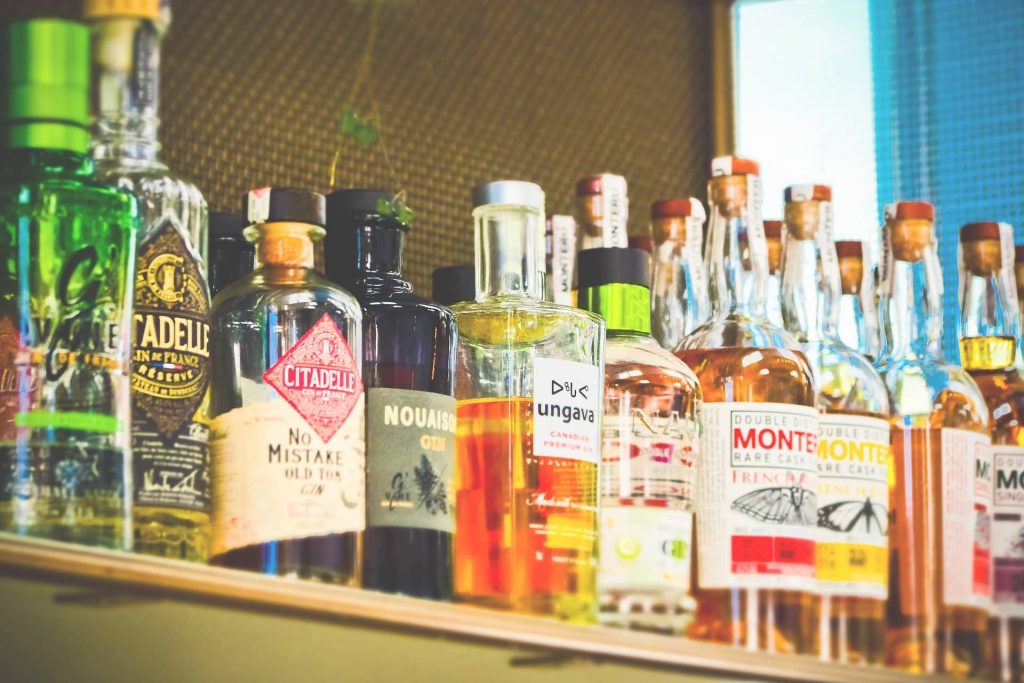Written by Jennifer Poo and Edited by Lauren Cho

Earlier this year, a study by the American Society of Clinical Oncology stated that there is reasonable evidence of an association between some cancers and heavy alcohol consumption, citing that 3.5% of cancer deaths are attributable to alcohol [1]. However, that also implies that 96.5% of cancer deaths are not attributable to alcohol. News outlets often phrase probabilities in terms of relative risk, meaning how much something changes relative to a base or control. This can often make an increased risk seem much scarier than it actually is. For example, if a news outlet said that drinking alcohol increases an individual’s risk of cancer by 30%, and an individual has a 1% risk of cancer, then their risk of cancer after consuming alcohol increases to 1.3%. Thus, a relative increase by 30% seems much more dangerous than an absolute increase of 0.3% although they are describing the same probability.
To clarify, a meta-analysis looking at all cancers found that overall, light drinking is mildly protective, moderate drinking has no major effect, and heavy drinking is detrimental [2]. However, even the results from this meta-analysis are restrictive in how they can be applied since they only look at the effects of alcohol on cancer. It is easy for a news outlet to report on a single study without considering the other studies that study effects on other diseases. For example, while the aforementioned reports discuss the risk of alcohol on cancer, a separate cohort study of 6,000 people showed that those who consumed alcohol about once a week had better cognitive function in middle age than those who did not [3]. Another cohort study of 70,551 Danish men and women concluded that moderate alcohol consumption (3-4 times a week) is associated with a lower relative risk of diabetes [4].
These conflicting studies muddle the answers to yes or no questions that news headlines ask every day, such as “Can Alcohol Help You Live Longer?” [5] or “Is Alcohol Good for You?” [6]. Dr. Aaron Carroll, author of The Bad Food Bible: How and Why to Eat Sinfully, provides a list of behaviors to follow when considering risks [7]:
1. Always consider absolute risk. While relative risk compares an increase to a control, absolute risk is just the simple odds of something taking place. A relative increase by 30% sounds much worse than an absolute increase from 1% to 1.3% even though they are the same thing. Likewise, a 5% increase from 20% to 21% is more concerning than a 30% increase of 1% to 1.3%.
2. Don’t give too much merit to observational studies. These studies are less likely to be controlled properly. Take into consideration other causal studies that might exist before looking at an observational study.
3. Don’t just focus on one disease. While something might seem helpful in one situation, it doesn’t mean that has the same effect when it comes to other situations.
4. Broaden your scope to more than one study. Do not rely only on one study. If there are contrasting results from different studies, examine credibility and method. Don’t ignore studies you don’t agree with.
5. Acknowledge both harms and benefits. It is ultimately your decision after examining all the evidence whether something is worth the risk.
References:
1. LoConte, N. K., Brewster, A. M., Kaur, J. S., Merrill, J. K., & Alberg, A. J. (2018). Alcohol and cancer: A statement of the american society of clinical oncology. Journal of Clinical Oncology, 36(1), 83-93.
2. Jin, M., Cai, S., Guo, J., Zhu, Y., Li, M., Yu, Y., . . . Chen, K. (2012). Alcohol drinking and all cancer mortality: A meta-analysis. Annals of Oncology, 23(3).
3. Britton, A., Singh-Manoux, A., & Marmot, M. (2004). Alcohol consumption and cognitive function in the Whitehall II Study. American Journal of Epidemiology, 160(3), 240-247.
4. Holst, C., Becker, U., Jorgensen, M.E., Gronbaek, M., Tostrup, J.S. (2017). Alcohol drinking patterns and risk of diabetes: a cohort study of 70,551 men and women from the general Danish population. Diabetologia, 60(10), 1941-1950.
5. Ducharme, J. (2018, February 20). Can alcohol help you live longer? Here’s what the research really says. Time.
6. Rabin, R. C. (2017, July 3). Is alcohol good for you? An industry-backed study seeks answers. New York Times.
7. Carroll, A. (2017). The bad food bible: How and why to eat sinfully. Houghton Mifflin Harcourt.